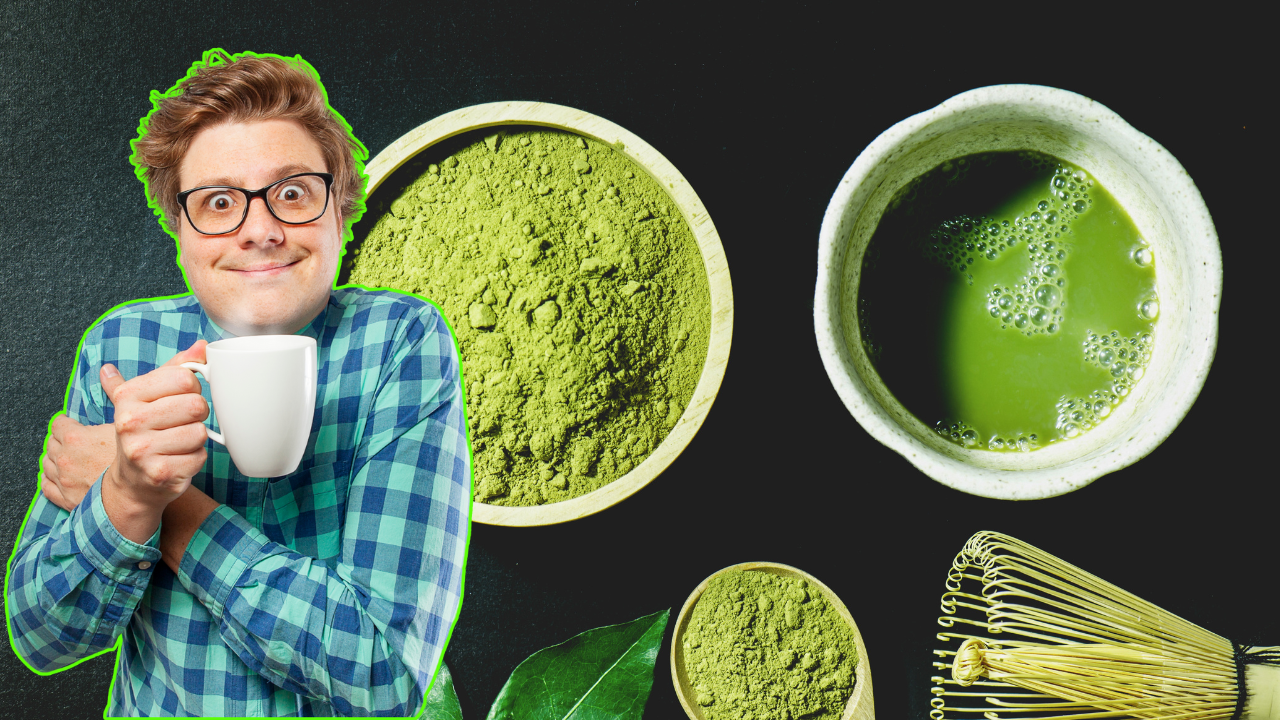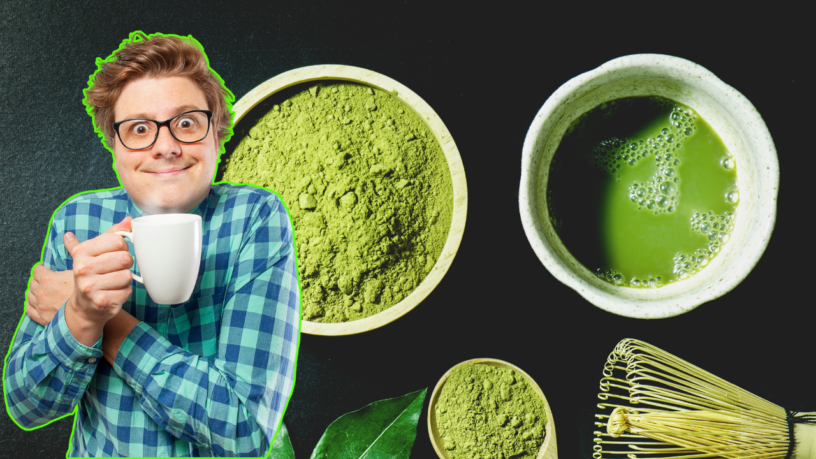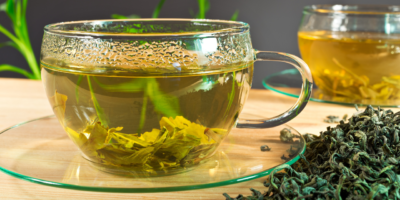Matcha Tea Side Effects (What No One Tells You Before Your First Sip)
I jumped on the matcha bandwagon hard a few years ago—replaced my morning coffee, baked with it, even tried a matcha face mask (that’s another story). But after a week of feeling oddly jittery and battling some serious stomach cramps, I realized: this vibrant green powder isn’t magic fairy dust. It’s potent stuff, and like anything powerful, it comes with side effects if you’re not careful.
The Not-So-Pretty Side of Matcha-Side Effects of Matcha Tea
- Caffeine Overload (Without the Crash? Not Quite)
Matcha contains about 70mg caffeine per teaspoon—less than coffee, but here’s the kicker: it also has L-theanine, which smooths out the buzz. Sounds perfect, right? Except when I drank two matcha lattes back-to-back before a meeting, my hands shook so badly I couldn’t hold a pen. The combo can be gentler than coffee, but overdo it, and you’ll still feel like you’ve mainlined espresso. - Stomach Rebellion
Tannins in matcha (the same compounds that make red wine dry) can irritate your gut, especially on an empty stomach. My “healthy” habit of morning matcha + nothing else? Led to nausea so intense I had to lie down. Now I always pair it with food—oatmeal or a banana works wonders. - Liver Strain (Yes, Really)
This one shocked me. Matcha’s concentrated antioxidants are great in moderation, but excessive amounts (think 5+ cups daily) might stress your liver due to its high catechin content. A friend of mine went full matcha-obsessed (3 heaping scoops/day) and her ALT liver enzymes spiked. Her doctor’s advice? Dial it back to 1–2 cups max.

Matcha Tea Side Effects (What No One Tells You Before Your First Sip)
Who Should Be Extra Cautious?
- Iron-deficient folks: Matcha’s tannins can inhibit iron absorption. If you’re anemic (like I was last year), drink it between meals, not with iron-rich foods like spinach.
- Pregnant women: Most experts say 1–2 cups/day is safe, but that caffeine adds up fast if you’re also sipping tea or eating chocolate.
- Medication takers: Matcha can interact with blood thinners, stimulants, and some antidepressants. My aunt learned this the hard way when her blood pressure meds felt “off” after her matcha kick.
Watch: Moringa powder benefits male
How to Enjoy Matcha Without the Side Effects
- Start small: ½ teaspoon (1g) per cup, max 1–2 cups/day.
- Hydrate extra: Matcha’s a diuretic. For every cup, I drink an extra glass of water—prevents headaches.
- Buy ceremonial-grade: Cheap culinary matcha often has heavy metals (tested a sketchy Amazon brand once—never again).
Fun fact: Storing matcha wrong ruins it faster. Keep it in an airtight container in a cool, dark place—not the fridge (humidity makes it clump). Speaking of storage mistakes, check out this list of 17 Foods You Should Never Refrigerate—some will surprise you!
The Takeaway
Matcha’s incredible—boosts focus, fights inflammation, and even helps your skin (I mix leftovers into my moisturizer). But it’s not a “more is better” ingredient. Treat it like a supplement, not candy.
Want more natural health deep dives? Try these:
- What Happens When You Eat Chia Seeds Daily for a Month
- Why You Should Use Carrot Oil Before Bed
- Foods to Avoid If You Have Gout
- The Worst Foods for High Blood Pressure
Disclaimer: This post shares my personal experiences and research—not medical advice. Always consult your doctor before making dietary changes, especially if you have health conditions or take medications.




Leave a Reply